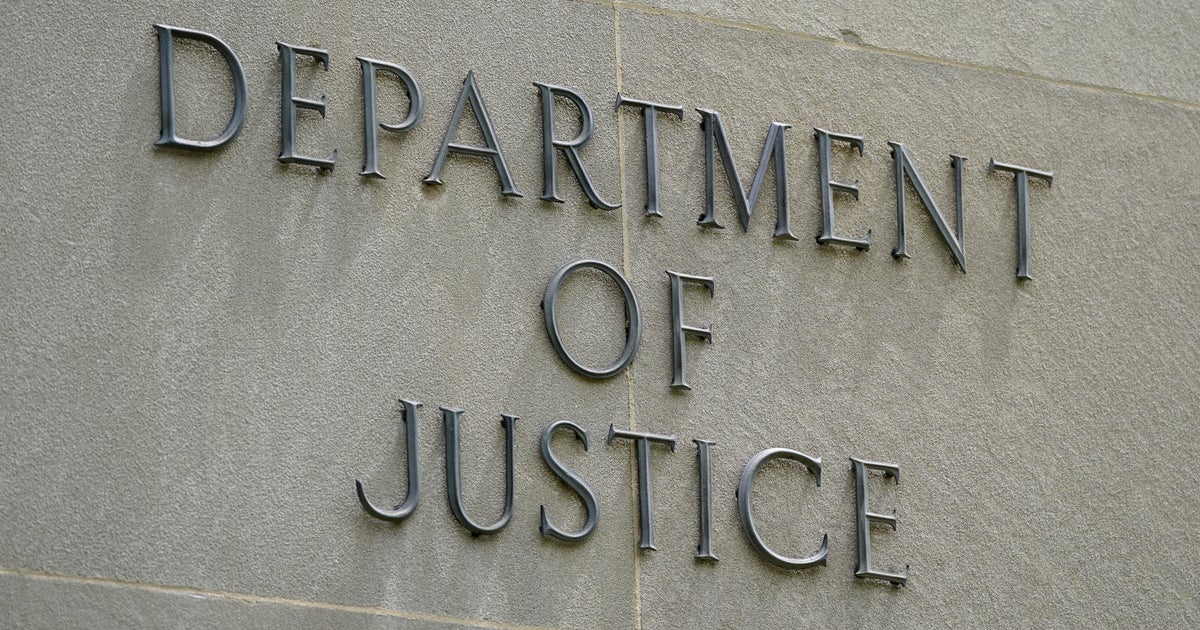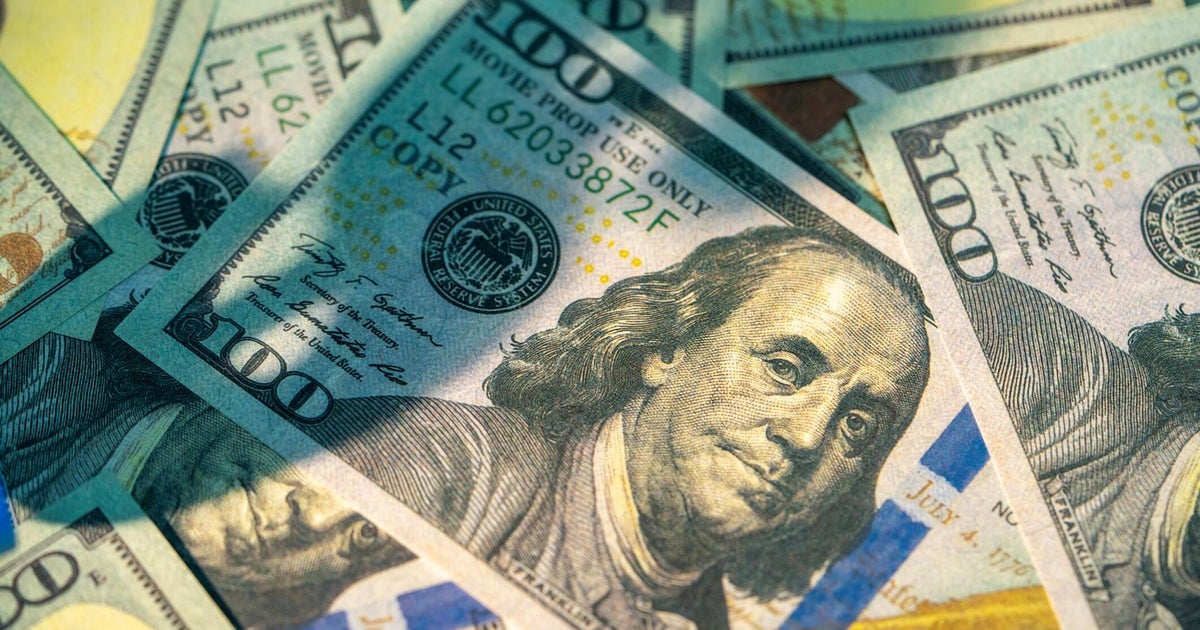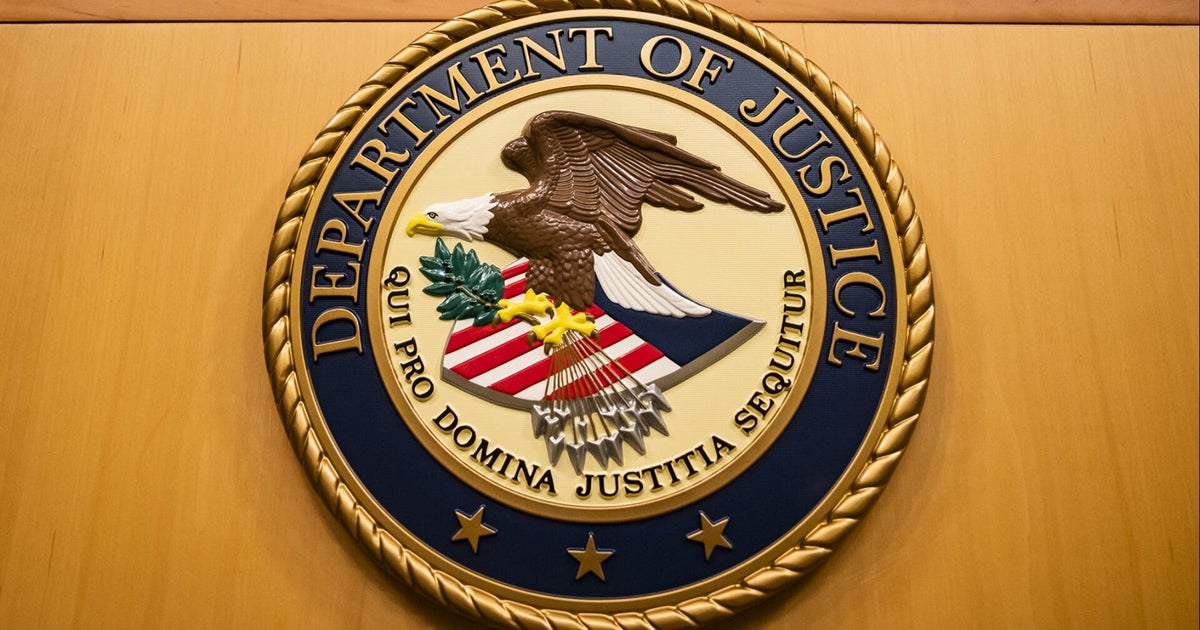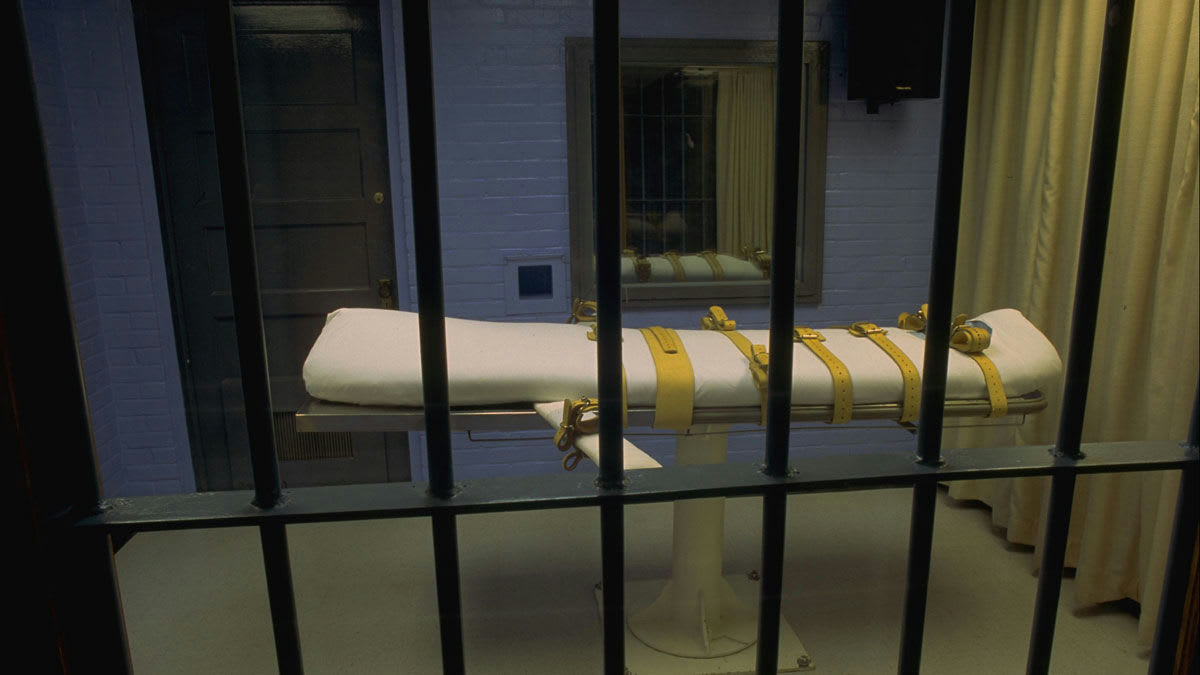Justice Department alleges newly charged health care fraud schemes totaled $2.5 billion in losses
Washington — Federal prosecutors unsealed dozens of cases against nearly 80 defendants across the country — including 24 medical providers — alleging they engaged in healthcare and pharmaceutical fraud schemes that led to $2.5 billion in total losses to Medicare, Medicaid and private insurance, the Justice Department said Wednesday. More than $1 billion in alleged fraudulent claims were paid out, investigators said.
The announcement comes after a weeks-long coordinated federal and state law enforcement action that targeted companies, providers and other individuals in the health care industry who allegedly worked to defraud taxpayer-funded programs and target vulnerable populations. In all, investigators said they have so far seized bank accounts, cars, boats and several homes that add up to millions of dollars in value.
Prosecutors describe one alleged scheme based partly in New Jersey in which suppliers bought HIV medication from patients on the street, re-labeled bottles as legitimately acquired medicine, and later sold them to pharmacies for distribution. Justice Department officials said some of the bottles contained the wrong medication, improper labels, broken pills and pebbles. They said HIV medication is a common target for fraudulent claims because of its high insurance reimbursement rate, which can reach $10,000 for a month's worth of medication.
The indictment alleges the suppliers and sellers worked to "deceive pharmacies, patients, and health care programs into believing that their supply of prescription drugs was legitimate."
In another case unsealed Tuesday in Florida, investigators said the leaders of a software company were part of large-scale scheme involving the submission of unnecessary and ineligible medical equipment for reimbursement totaling $1.9 billion in claims to Medicare and other government insurers.
The CEO, vice president and former CEO of DMERx are accused of engaging in a kickback conspiracy by which telemedicine companies honed in on vulnerable patients via marketing campaigns to sell unnecessary durable medical equipment and prescriptions. The software defendants are accused of developing connected the telemedicine operators with medical providers and suppliers and generated fake orders that were then submitted for reimbursement.
"The false and fraudulent doctors' orders to maximize reimbursement from the Federal Health Care Plans; defeat audits conducted by the Federal Health Care Plans; and conceal and disguise the scheme," the indictment alleges. Investigators say the prescriptions in question would have been deemed ineligible for reimbursement without the fraudulent submissions.
Justice Department officials said Wednesday that while telemedicine is a "powerful tool" for patients and providers to communicate easily, the medium also "provides an opportunity for fraudsters to exploit the technology."
Investigators from federal agencies including the FBI and Health and Human Services Department assisted in the various probes across 16 states.
Only a fraction of the billions in total losses alleged in the charges announced Wednesday has been recovered, a dilemma caused in part by the fast-moving nature of some insurance reimbursements. But Justice Department, FBI and HHS officials said Wednesday their focus is also on preventing fraudulent funds from being paid in the first place. Tools like revoking billing privileges and data analytics from medical providers, they said, are vital deterrents.
"Today's announcement includes some of the largest and most complex cases that the Department has prosecuted," Assistant Attorney General Kenneth Polite said in a statement, and "demonstrates the Department's commitment to seeking justice for those at all levels of the healthcare industry who put profits above patient care, from professionals in doctors' offices to executives in corporate boardrooms."





